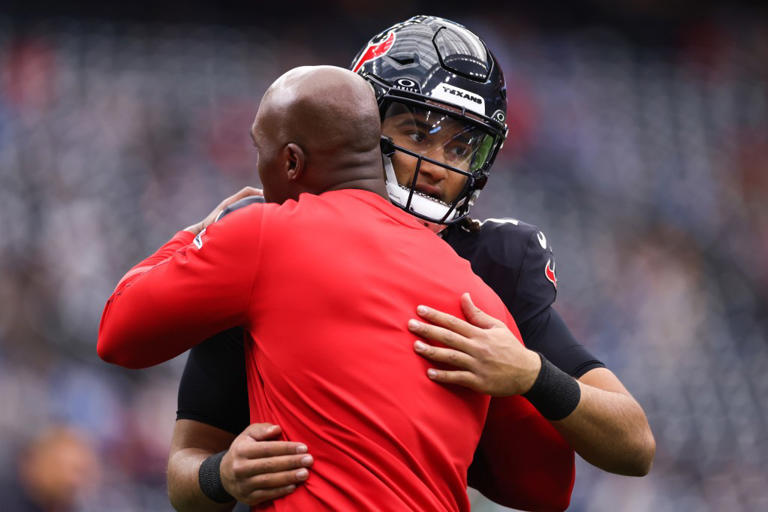
Nick Saban, the legendary former Alabama football coach, recently voiced strong criticism of the College Football Playoff (CFP) committee’s decision to exclude Alabama from the 12-team playoff bracket. Heading into the weekend, Alabama was projected to make the cut. However, an unexpected turn of events saw Clemson win the ACC title, earning them an automatic bid, which ultimately pushed Alabama out, placing them as the first team left out of the playoffs. Saban, now an ESPN analyst, was vocal about his disappointment, citing the tough strength of schedule that Alabama had played all season, which he believes should have been a significant factor in the decision-making process.
The issue of strength of schedule became central to Saban’s argument. Throughout the season, Alabama faced some of the most formidable opponents in the country, and while they lost three games, each of those losses came against highly ranked teams. On the other hand, SMU, which made it into the playoff, did not have a single win over a team currently ranked in the top 25. Saban’s frustration stemmed from what he sees as a discrepancy in how schedules and victories were weighed. He argued that Alabama’s tough schedule should have been a critical element in deciding their playoff chances, warning that if the committee does not account for the quality of opponents faced, it could have a detrimental impact on how teams schedule games in the future.
Saban also discussed the broader implications of the CFP’s selection process, particularly for athletic directors who now might reconsider scheduling tough out-of-conference games. Alabama, for example, is set to face top teams like Notre Dame, Ohio State, and Wisconsin in the future, but Saban expressed concern that if teams are not rewarded for scheduling these difficult games, athletic directors might opt to cancel these matchups in favor of less challenging ones. This, according to Saban, would ultimately harm the sport by reducing the number of high-quality games for fans, which would also undermine college football’s competitive integrity.
Despite his defense of Alabama’s case, Saban’s criticism also acknowledged the complexity of the decision-making process. He noted that the CFP committee also took conference championship appearances into consideration when selecting teams, which may have given SMU an edge over Alabama. This led to the situation where SMU, despite not having a strong schedule, secured a spot in the playoff because they participated in a conference championship game, while Alabama did not. Saban pointed out that it would have been problematic to allow a team that wasn’t even playing in the championship weekend to be selected over a team like SMU, which had at least participated in their conference championship game.
At the heart of Saban’s argument, however, was the simple principle that winning is paramount. While he acknowledged that Alabama’s losses were against strong teams, the fact that they lost games they were expected to win—particularly their embarrassing defeat to Oklahoma—was hard to overlook. In a season where teams are judged not only on their performance against top-ranked opponents but also on their ability to beat the teams they are favored to defeat, Alabama’s losses were significant setbacks. Saban’s viewpoint is that a team can only argue their case for the playoffs if they take care of business in games they should win. The loss to Oklahoma, in particular, raised questions about Alabama’s overall performance and whether they deserved a playoff spot given how convincingly they were beaten.
Saban’s criticisms also bring to light the broader conversation about the structure of the College Football Playoff. In the end, the CFP selection process remains a complex system with many factors at play. The committee must consider not just strength of schedule and wins, but also factors like conference championships, head-to-head results, and other elements that influence a team’s postseason fate. Even with these considerations, however, fans and coaches like Saban often find themselves questioning the fairness of the system. It’s clear that no matter how many teams the playoff expands to, there will always be teams left out, and arguments about who deserves to be included will persist.
Ultimately, Saban’s remarks underscore the ongoing frustration with the CFP’s selection criteria and its impact on the college football landscape. With the playoff expanding in the future, there is hope that the process will become more inclusive, but the challenges of determining which teams deserve to be in will remain. In the meantime, fans can look forward to a thrilling postseason, as the teams selected will undoubtedly make for exciting and unpredictable matchups. For Alabama, the takeaway is clear: win the games you’re supposed to win, and the rest will take care of itself.





